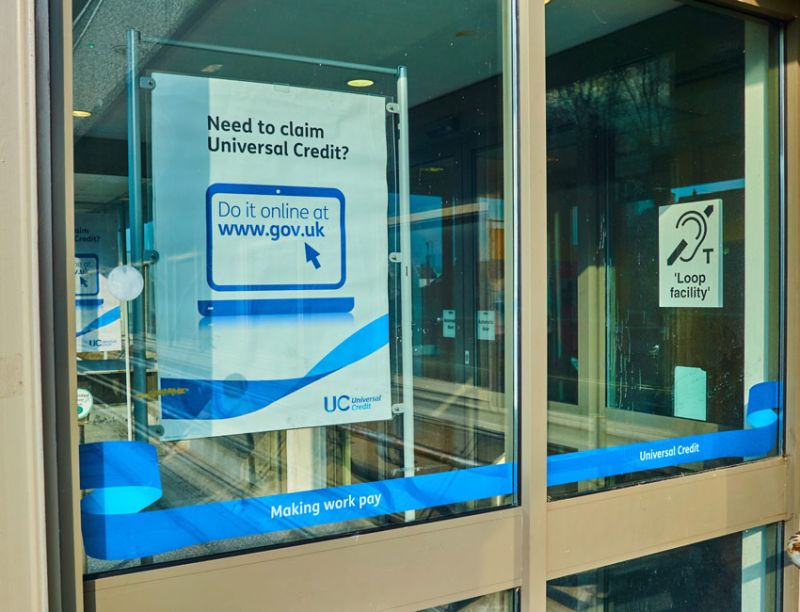07
February 2022
1.3 million more people on universal credit than pre-pandemic
The amount of people on universal credit has risen by 1.3 million over the pandemic, according to new research.
Conducted by the Trade Union Congress (TUC), the study recognises that some of this rise is down to the recent shift away from the previous benefits system.
However, it is claimed that the sheer number of new claimants is more down to increasing financial hardship for families. Without further intervention, the TUC argues, many lower-income households risk falling further into debt.
Speaking on the report, The TUC’s General Secretary, Frances O’Grady said: “The government must do far more to help struggling families get through the tough times ahead. The support package announced by the chancellor last week is woefully inadequate.
“Universal credit urgently needs boosting and we need further action to reduce fuel costs for those battling to make ends meet. The best way to give working families long-term financial security is to get pay rising across the economy.”
This coming April, two significant changes to personal income are further fuelling concerns of the cost of living crisis. The most impactful of the two is expected to be the 54% increase in the energy price cap, a figure set by Ofgem which limits how much suppliers can charge customers for gas and electricity. The adjustment means the average household will be spending an extra £694 on energy per year.
As well as a sharp spike in energy bills, Brits are also facing a National Insurance hike of 1.25%. For someone earning £30,000 a year, this would result in an extra £255 of NI contributions annually.
Boris Johnson and Rishi Sunak have faced calls to scrap this change in light of the current difficulties households are facing. At the moment, neither have budged, with the changes still planned to go ahead. On Monday however, another business coalition, this time the Federation of Small Businesses, urged the government to reconsider its position.
“By looking again at its approach to NICs, the government can make a real difference here – directly, by bringing down the immediate costs of taking an apprentice on, and indirectly, by freeing up more funds for recruitment and training at a moment when cash reserves are depleted,” said Mike Cherry, FSB National Chair.
In order to protect vulnerable households against rising costs, the TUC has recommended the following measures:
-
Setting universal credit to 80% of the real living rage
-
Bring in a windfall tax on energy companies and use the money to mitigate rising bills
-
Increase the minimum wage to £10 an hour
-
Boost wage across the country through union engagement





